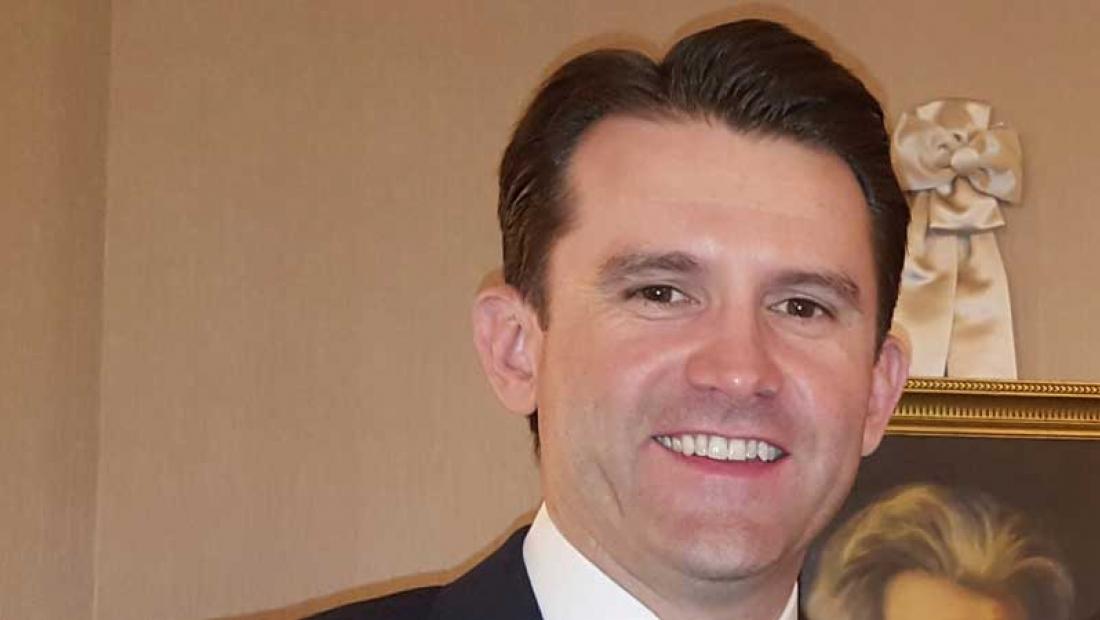Sinclair's Ripley: FCC Broadcast Dereg Is 'Landmark' Development

The smarter way to stay on top of broadcasting and cable industry. Sign up below
You are now subscribed
Your newsletter sign-up was successful
During its third-quarter earnings call, Sinclair President Chris Ripley also gave a shout out to the FCC's proposed broadcast ownership deregulation and ATSC 3.0 framework and its planned vote on the items at the November meeting. The ownership item could allow Sinclair to hang on to more stations in the Tribune merger and it is a longtime proponent of the advanced ATSC 3.0 mobile transmission standard and even has a few related patents.
Ripley called the proposals a "landmark development" for the industry. "We applaud the FCC for recognizing the competitive inequities levied upon TV broadcasters for several decades while competing technologies, distributors and content providers have been allowed to consolidate and freely deploy technical platforms. That consolidation has included AT&T/DirecTV, Comcast/Time Warner, and Charter/Time Warner Cable.
Ripley said that reforming the ownership rules and paving the way for technological innovation are both necessary to the future of broadcasters. "We're glad to have an FCC that recognizes that," he said.
Related: Sinclair Says It Has No Interest in Hiring Bill O’Reilly
Sinclair Executive Chairman David Smith also praised the FCC for essentially saying [in the broadcast dereg proposal] that local broadcasters compete with everybody for ad dollars, and said that Justice would eventually have to get aligned with that marketplace reality and start including local cable in its review of market competition. Sinclair has been making the case to Justice that cable should be included in its antitrust review of the Tribune deal.
On the issue of ATSC 3.0's impact on retrans, Ripley said MVPDs call for the FCC to carve out those signals from negotiations—the FCC did not do so—was just an "anticompetiive smokescreen" put up by those MVPDs. He said he did not see the ATSC 3.0 rollout affecting retrans at all.
He said the punchline on the ATSC 3.0 order was that the FCC had given broadcasters "the flexibility to have a market-driven answer, which is a win for us."
The Coalition to Save Local Media was not pleased with Sinclair's upbeat appraisal of the FCC's media ownership proposal, using it as yet another opportunity to oppose the merger.
“Weakened media consolidation rules do not level the playing field but pave an easier path for the Sinclair-Tribune mega-merger that is not in the public interest," it said. "As media organizations, distributors, independent networks, public interest groups, and other allies, we know these actions and this proposed merger will stifle local and independent media voices and hurt consumers.
Coalition members include the American Cable Association, Dish and Public Knowledge.
The smarter way to stay on top of broadcasting and cable industry. Sign up below
Contributing editor John Eggerton has been an editor and/or writer on media regulation, legislation and policy for over four decades, including covering the FCC, FTC, Congress, the major media trade associations, and the federal courts. In addition to Multichannel News and Broadcasting + Cable, his work has appeared in Radio World, TV Technology, TV Fax, This Week in Consumer Electronics, Variety and the Encyclopedia Britannica.

